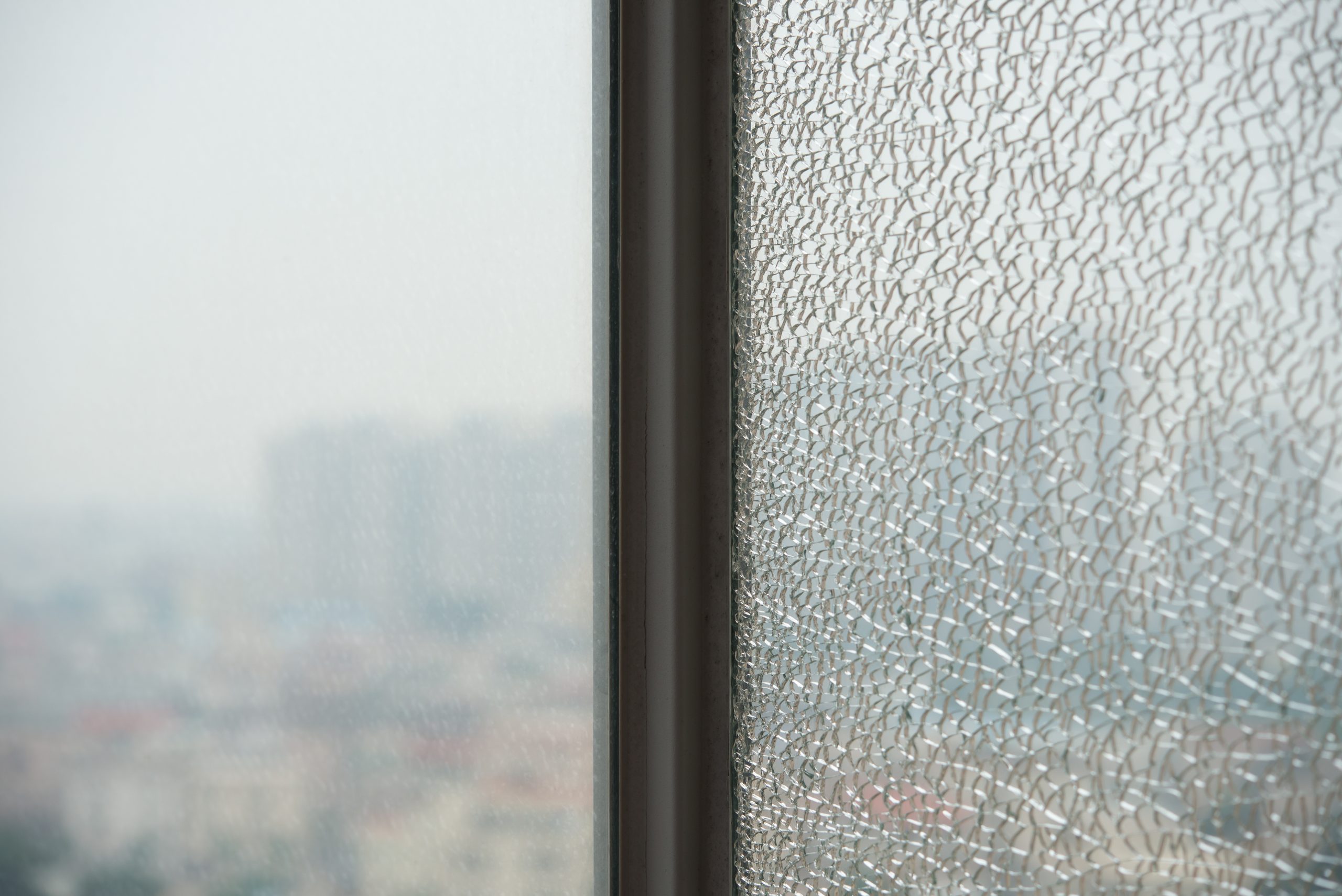Why Did My Toughened Glass Shatter? Understanding Spontaneous Breakage in Windows and Doors
Understanding Spontaneous Breakage in Windows, Doors and Balustrades
Toughened safety glass is designed to break safely. But in rare cases, it can shatter suddenly—with no warning and no visible cause.
At RISA, we hear from homeowners across the UK facing this exact issue. A window, door or balustrade fails out of the blue. No storm. No impact. Just a loud bang—and a mess to clear.
So what causes it? And can it happen again?
What Is Spontaneous Breakage?
Toughened (or tempered) glass is heat-treated to be stronger and safer than standard glass.
When it fails, it breaks into small, blunt fragments rather than sharp shards—reducing injury risk.
But occasionally, it can break on its own. This is known as spontaneous breakage.
Why Does Toughened Glass Break?
There are several possible causes:
- Edge Damage
- Microscopic chips or cracks from delivery or installation
- Can expand over time under stress
- Nickel Sulphide Inclusions (NiS)
- A rare manufacturing defect
- A tiny nickel sulphide particle trapped inside the glass expands and causes internal stress
- Incorrect Installation
- Glass touching metal, or fitted too tightly, may fail as buildings move or flex
- Undetected Impact
- A stone, ball or even thermal shock could be to blame
- Because toughened glass shatters completely, the cause often isn’t visible afterward
Is It a Safety Risk?
Usually not.
Toughened glass is made to break safely. But if one pane fails, it’s understandable to worry about the others.
How RISA Can Help
We offer independent inspections of failed glazing. Our experts can:
- Identify the likely cause of breakage
- Inspect other glazing in your home for signs of stress or faults
- Provide reports to support insurance claims or warranties
- Advise whether replacement is necessary
What Is Heat-Soaked Glass?
To reduce the chance of NiS-related breakage, some toughened glass is heat-soaked.
This process exposes glass to high temperatures before it’s installed. It helps spot and remove glass with inclusions before they fail in the field.
If your glass is in a critical location (e.g. balconies, overhead panels), ask if it was heat-soaked during manufacture.
What Should You Do if a Pane Breaks?
- Stay calm – the glass did its job and broke safely
- Take photos – of the breakage and where it happened
- Don’t touch – fragments may still be under tension
- Call in experts – book a RISA inspection for peace of mind
Speak to the Experts
RISA supports homeowners dealing with unexplained glass failures.
Whether you need reassurance, expert investigation or support with claims—we’re here to help.
📞 Contact RISA today to speak to our team or book an inspection.

